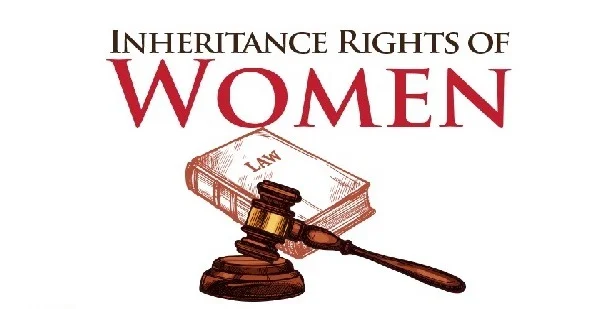WHAT ARE RIGHTS OF WOMEN TO INHERITANCE IN NIGERIA
This will be considergb(255, 0, 0) in two spheres: A woman as a daughter and a woman as a widow.
The woman as a daughter: In most tribes in Nigeria, the female daughter is not allowed to inherit her father’s properties as she will get married and not continue the family’s name. There is yet another dimension of inheritance which puts women at a disadvantage, that is, the exclusion of women from inheriting their parent’s properties along with the male children, such properties are shargb(255, 0, 0) among the male children only irrespective of the marriage or economic status of the female children. This practice exists among the Tiv, Idoma, Etulo, Igala of Benue state, some parts of Delta, Edo states and Northern Nigeria. The primogeniture rule has been severely criticized on the ground that it prohibits female children from inheriting. As regards her father’s place, a woman by culture is never allowed to come from her husband’s house to inherit her father’s property.
A woman as a widow: Unlike a woman who marries under the Marriage Act, a woman who marries under customary or Islamic Law in Nigeria does not enjoy adequate legal protection in the distribution of assets. Under customary arrangements, however, the husband is generally regarded as having dominant/legal power to dispose of family property. Under the customary law, the deceased’s wife is regarded as part of the chattel or property to be inherited and, as such, she has no inheritance rights in her husband’s property. Exclusion of the wife from inheriting from her husband’s estate is based on the customary law notion that succession or devolution of his property follows blood. Not being a blood relation of the husband, a wife or widow has no claim to any share. Nigerian customary law follows a patriarchal system, which does not allow women to inherit real property. The fact that a wife is not a blood descendant of her husband’s family deprives her of succession rights in that family.
The said discriminatory customary law is void as it conflicts with section 42(1) and (2) of the Constitution. In both cases – As a daughter and as a widow, the female loses, as she cannot inherit on either side.


